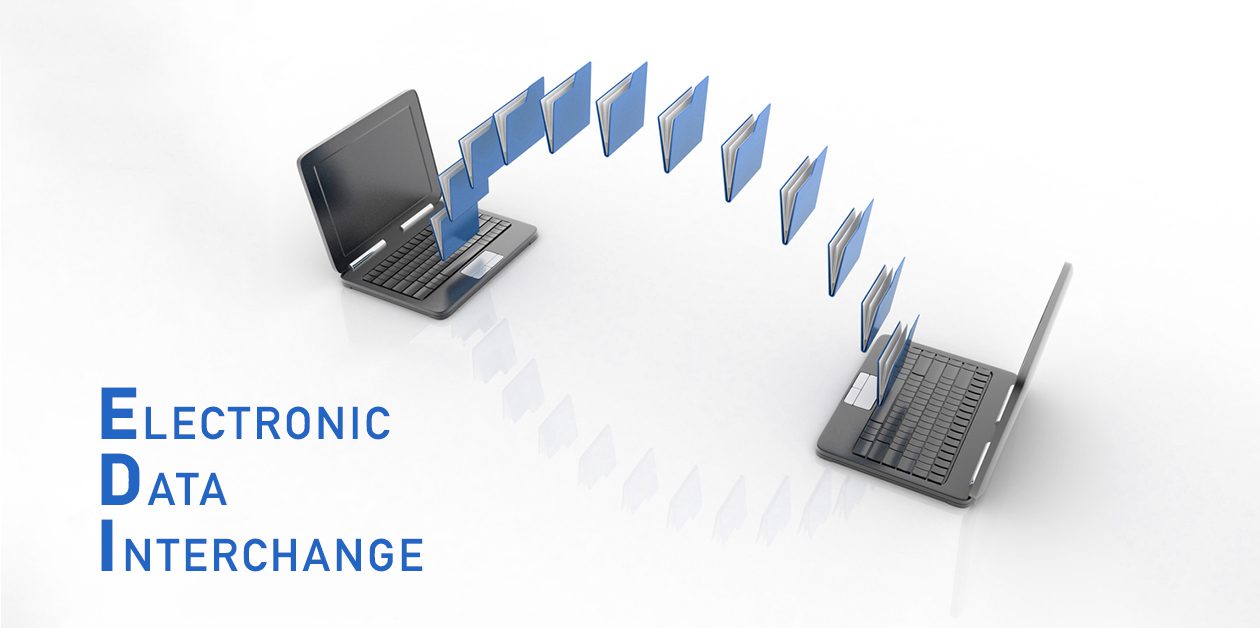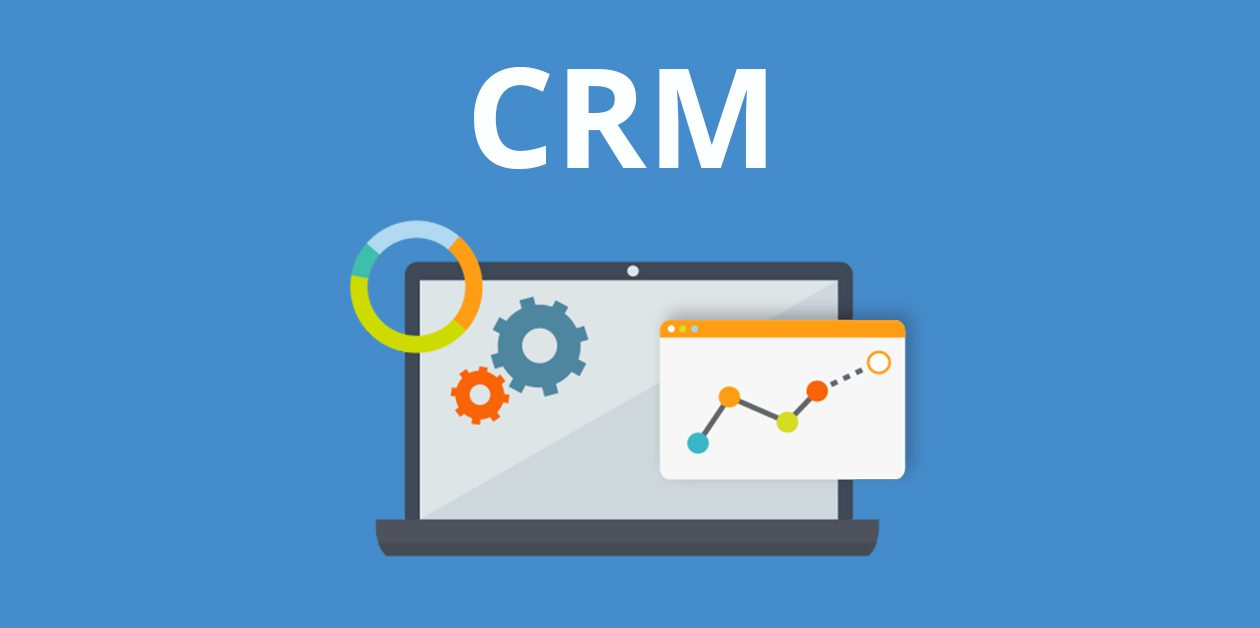Share
Read also

Trends & Views
Digital transformation strategies

Business Software
CRM 2025 market: Response to increasing customer demands

Business Software
Understanding the ERP lifecycle management

Mobility
How is EM shaping the way SMBs operate?
EDI continues to prove its significant business value, by reducing expenses and improving speed, accuracy and effectiveness. But EDI benefits are not just financial ones…
In any case, though, let’s take a look first at the financial benefits, which are indeed significant. If you decide to use EDI transactions, you can reduce, or even eliminate all expenses related to paper, printing, storage, record-keeping, sending and receiving documents, as well as reduce the cost of transfer by up to 35%.
Other important benefits offered by EDI are speed and accuracy. Transactions are completed in just a few seconds instead of waiting days or even weeks for postal services. Furthermore, since the data quality is improved, the possibility of errors in transactions is also reduced by 30-40%. In particular, EDI means no more issues related to incomprehensible faxes, lost orders or misunderstandings over phone calls, which means that your personnel will no longer have to sort out false data, thus saving valuable time.
The use of EDI will reduce the “order-payment” cycle by up to 20%, by improving the quality of the transactions, and consequently the relationship of your business with your customers and partners.
Another equally important parameter is effectiveness. By automating the processes that rely on printed documents, your personnel can focus on higher-value tasks, while also having the necessary tools to improve their productivity. Being able to process business documents quicker and accurately will enable you to minimize order processing, make sure you never run out of stock and reduce cancelled orders.
The automation of data exchange between applications throughout your supply chain, can help you ensure that all vital business data is sent on time, and can be tracked in real time. Furthermore, when spending less time processing and delivering orders, you can focus on better controlling your inventory.
Now, in terms of strategy, the main advantage of EDI is that it allows you to monitor the state of the transactions in real time. As a result, you can make even faster decisions and improve your response to the constantly changing demands of the market and your customers, by adopting a business model that is based on demand, rather than on offer.
In the same context of gaining a strategic advantage, you can improve your ability to penetrate new areas and markets. EDI offers a common business “dialect” that allows you to conduct business transactions with your partners anywhere in the world.
Finally, by using EDI, you are promoting social responsibility and sustainability, since by replacing the processes based on printed documents with their electronic alternatives, you are not only saving money, but you’re also contributing to the reduction of CO2 emissions.







